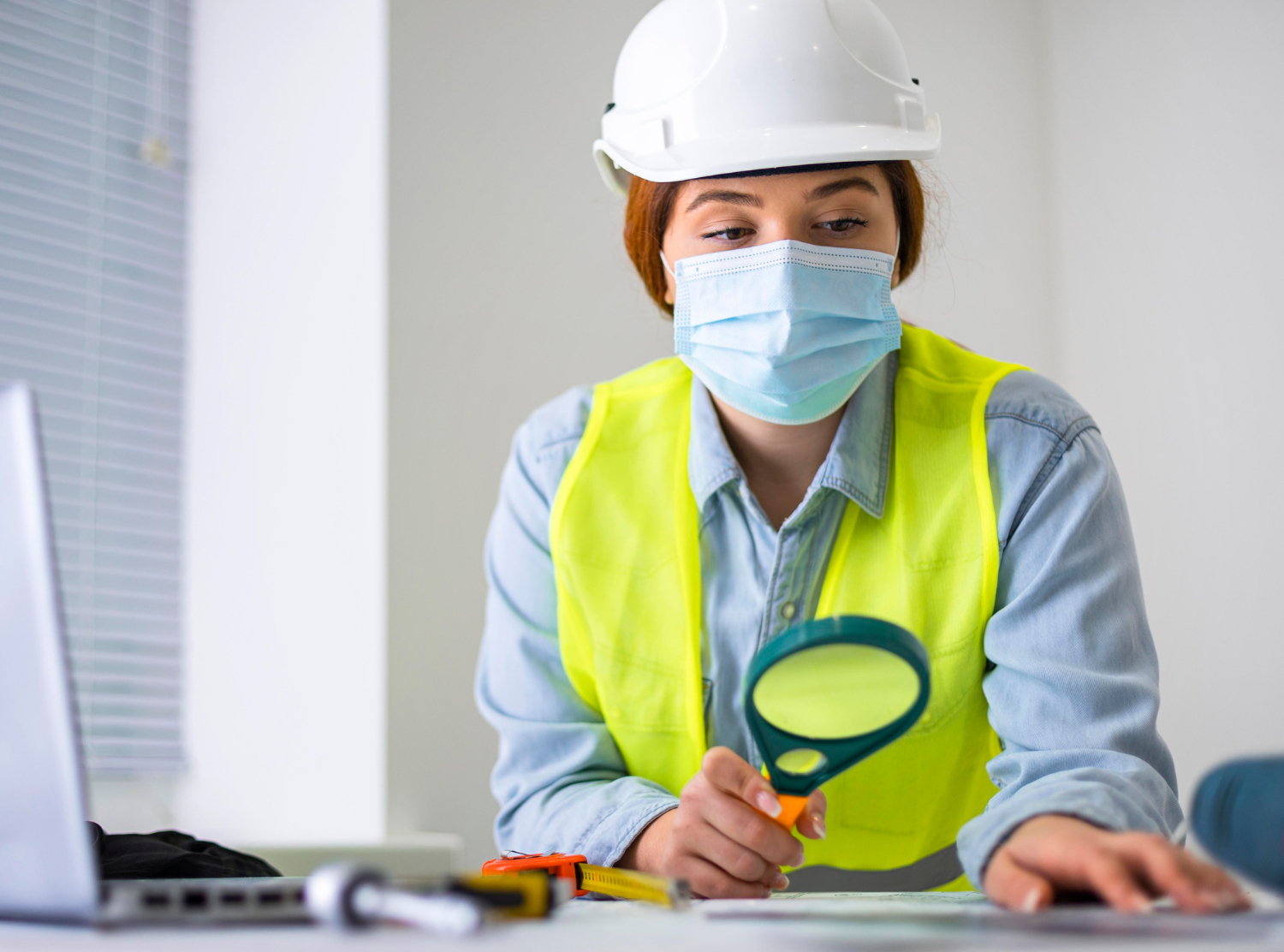Choosing the right safety gear is crucial for maintaining workplace safety in Canadian industries. With diverse hazards across construction, oil and gas, and manufacturing sectors, it’s essential to equip workers with appropriate protective equipment tailored to their specific environment. This guide outlines the key considerations for selecting the best safety gear to ensure compliance with Canadian safety regulations while protecting your workforce.
Understanding Workplace Hazards
Every industry faces unique safety challenges, and understanding these hazards is the first step in selecting the right safety gear. Below are the primary types of workplace hazards to consider:
- Physical Hazards: These include slips, trips, falls, loud noises, and falling objects, which are common in industries such as construction and manufacturing.
- Chemical Hazards: Workers exposed to hazardous chemicals, such as in oil and gas or laboratories, need specialized protection like respirators and chemical-resistant gloves.
- Biological Hazards: This involves risks from exposure to bacteria, viruses, or other biohazards, particularly in healthcare or waste management industries.
- Ergonomic Hazards: These include injuries caused by repetitive movements, improper lifting techniques, or poor workstation setups, often found in manufacturing or office environments.
- Mechanical Hazards: Workers operating heavy machinery or tools face risks like cuts, crush injuries, or amputations, requiring robust protective gear.
Identifying the specific hazards in your workplace is critical to choosing safety gear that mitigates these risks.
Industry-Specific Equipment
Each industry in Canada has distinct safety requirements. Below is an overview of the essential safety equipment for key industries:
1. Construction Industry
The construction sector faces some of the most hazardous work conditions, from falls and electrical shocks to falling debris. Essential safety gear includes:
- Hard Hats: Protect workers from falling objects and head injuries.
- Fall Protection Systems: Harnesses, lanyards, and anchor points for working at heights.
- High-Visibility Workwear: Enhances visibility in busy or low-light environments.
- Steel-Toed Boots: Safeguard feet against heavy objects and punctures.
2. Oil and Gas Industry
Workers in the oil and gas sector are exposed to fire, chemicals, and confined spaces. Essential safety gear includes:
- Flame-Resistant (FR) Clothing: Reduces burn injuries by preventing ignition.
- Respiratory Protection: Masks and respirators to protect against toxic gases and vapors.
- Chemical-Resistant Gloves: Provide hand protection against hazardous chemicals.
3. Manufacturing Industry
The manufacturing industry involves hazards like loud noises, sharp tools, and chemical exposure. Essential safety gear includes:
- Earplugs or Earmuffs: Protect workers from long-term hearing loss caused by high noise levels.
- Cut-Resistant Gloves: Prevent hand injuries during material handling or machine operation.
- Protective Eyewear: Shields eyes from flying debris, dust, or chemical splashes.
By identifying your industry’s specific hazards, you can choose the right combination of safety equipment to protect your workforce effectively.
Compliance with Canadian Regulations
Compliance with workplace safety regulations is mandatory for all Canadian businesses. The Canadian Standards Association (CSA) sets strict guidelines for personal protective equipment (PPE) to ensure worker safety. Here’s what you need to know:
- CSA Certification: Ensure all safety equipment, such as helmets, footwear, and eyewear, meets CSA standards. For example, CSA Z94.3 applies to eye and face protection, while CSA Z259 outlines fall protection requirements.
- Occupational Health and Safety Act (OHSA): Canadian provinces have their own OHSA regulations that mandate the use of appropriate PPE based on workplace hazards.
- Employer Responsibilities: Businesses must conduct hazard assessments, provide proper training, and supply CSA-certified safety equipment to employees.
Staying compliant not only protects workers but also reduces the risk of penalties or legal issues.
How Deeproot Securetech Can Help
At Deeproot Securetech, we specialize in providing customizable workplace safety solutions for Canadian industries. Whether you operate in construction, oil and gas, or manufacturing, we offer a wide range of CSA-certified safety equipment designed to meet your specific needs.
- Industry-Specific Expertise: Our team understands the unique challenges of different industries and can recommend tailored safety solutions.
- High-Quality Products: From flame-resistant clothing to fall protection systems, our products are built to last and comply with Canadian safety standards.
- Customizable Solutions: We work closely with businesses to provide safety gear that fits their exact requirements.
With our commitment to safety and compliance, Deeproot Securetech ensures your workforce is equipped with the best tools to stay protected on the job.
Call to Action
Invest in the safety of your employees and ensure compliance with Canadian regulations by partnering with Deeproot Securetech. Browse our extensive selection of industrial safety equipment or consult with our team for expert advice tailored to your industry.
👉 Contact us today to learn how we can help protect your workforce!
Choosing the right safety gear is not just about meeting legal requirements—it’s about creating a safer, more productive workplace. Let Deeproot Securetech be your trusted partner in workplace safety.



